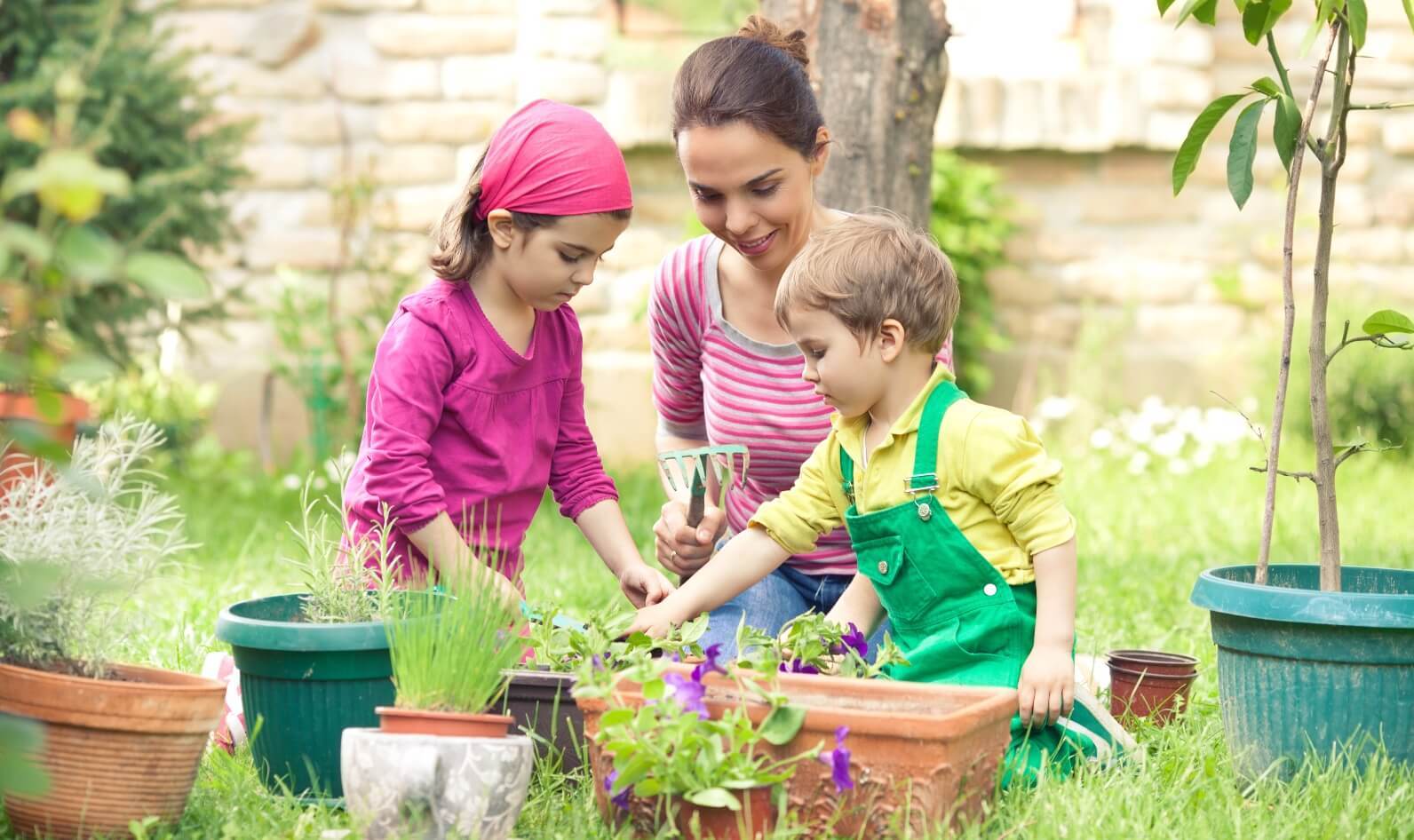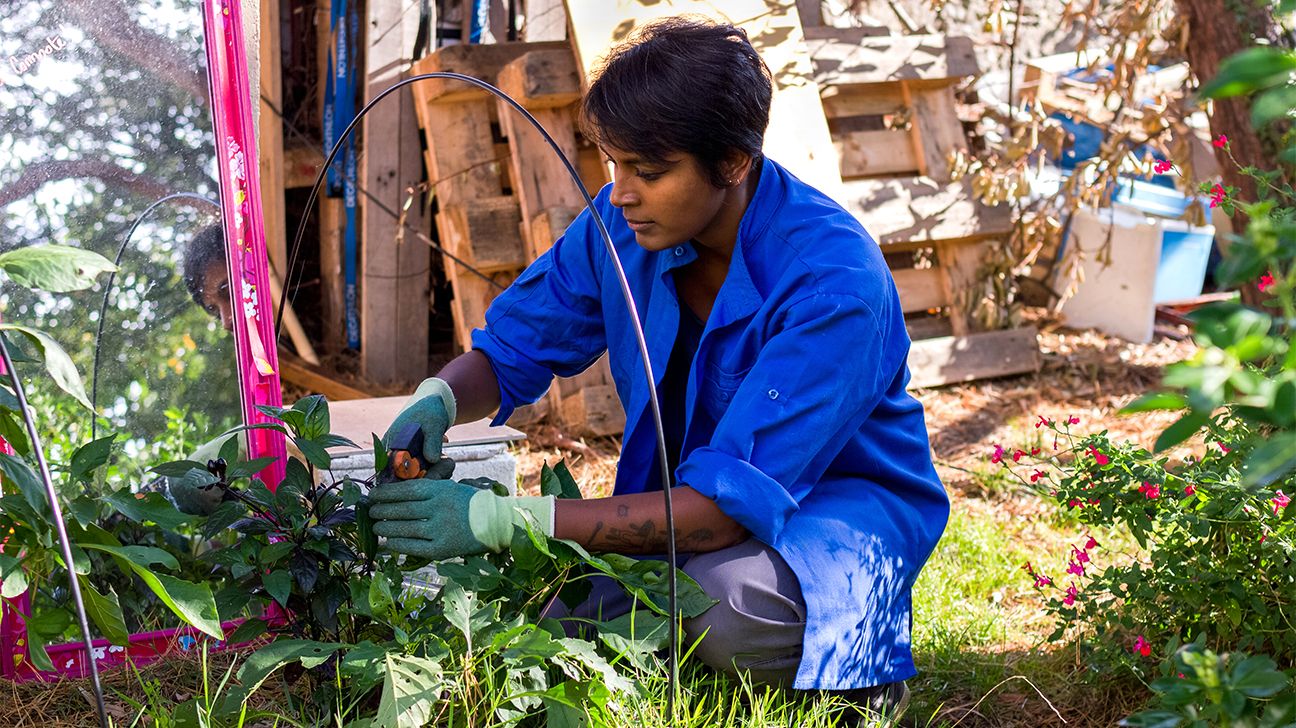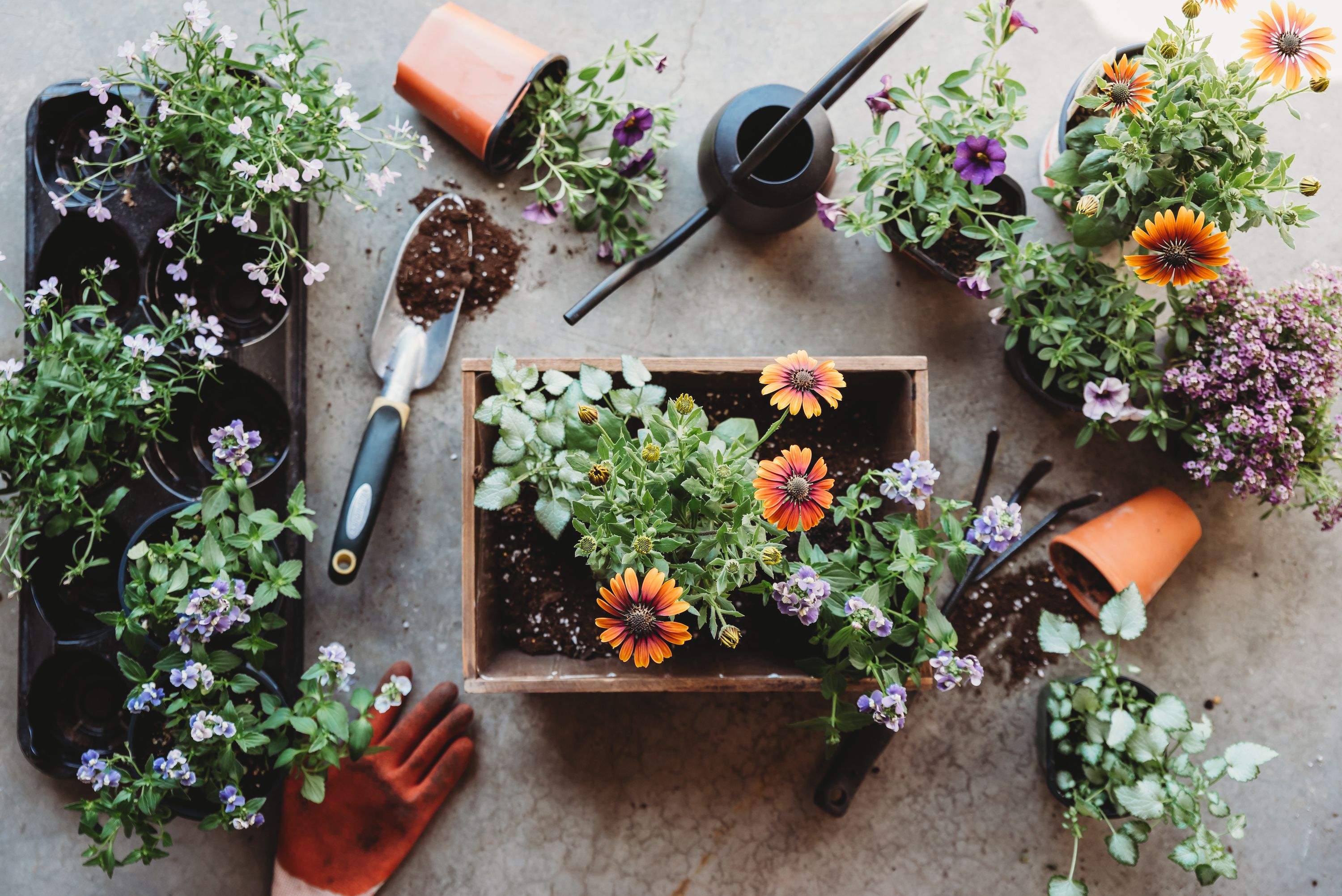Gardening Bliss: Unveiling the Best Devices and Strategies for Home Gardening for Beginners to Grow
Wiki Article
Expanding Environment-friendly Thumbs: a Beginner's Journey Into the World of Gardening
Are you excited to obtain your hands filthy and begin expanding your very own yard? Look no more! In this write-up, we'll take you on a newbie's trip right into the globe of horticulture. You'll find out about choosing the right plants, understanding soil and garden compost, and crucial gardening tools. We'll also instruct you watering and fertilizing methods and just how to handle common garden parasites. Prepare to cultivate your eco-friendly thumb and view your garden flourish!Choosing the Right Plant Kingdoms
1. You need to examine your gardening area and identify the number of plants that will certainly fit conveniently. This action is vital since congestion can result in stunted development and illness. Measure the dimensions of your yard beds or pots and determine the available area. Take into consideration the mature dimension of the plants you intend to expand. Some veggies and herbs need more space than others, so it's essential to do your research study.As soon as you have a clear concept of your gardening area, it's time to pick the best plants. Particular plants grow in full sun, while others choose partial shade. This will certainly help you pick plants that are matched to your specific conditions.
If you're brand-new to gardening, opt for plants that are easy to expand and require very little maintenance. Choose plants that have a shorter maturation period if you live in a region with a much shorter expanding period.
Comprehending Soil and Garden Compost
Dirt is the structure of your garden, giving nutrients, water retention, and assistance for your plants. It is important to have an excellent understanding of your soil kind, whether it is sandy, clayey, or fertile, as this will identify the types of plants that will flourish in your yard. Bear in mind, a healthy and balanced and productive dirt is the key to a successful yard, so take the time to understand your soil and integrate compost to ensure your plants flourish.
Necessary Horticulture Tools
Since you recognize the importance of dirt and compost, allow's check out the essential horticulture devices you'll require to grow your environment-friendly sanctuary. One of the most fundamental tools you'll need is a garden trowel. This small handheld device is perfect for excavating tiny holes, hair transplanting plants, and scooping soil. One more vital device is a garden fork. This strong tool is utilized for loosening up dirt, separating globs, and turning garden compost. A good set of horticulture gloves is a must-have to secure your hands from thorns, prickly plants, and dust. Try to find handwear covers that are durable, breathable, and supply a good grasp. A yard tube or watering can is crucial for maintaining your plants moisturized. Choose a hose pipe with a spray nozzle that allows you to readjust the water flow and stress. A strong pair of trimming shears or secateurs is crucial for cutting and shaping your plants. Seek shears with a sharp blade and comfortable deals with. Last but not least, a yard rake works for leveling soil, removing debris, and spreading mulch. With these important tools in your gardening arsenal, you'll be well-equipped to create and maintain your green oasis.Watering and Fertilizing Strategies

Dealing With Common Yard Pests
As a beginner garden enthusiast, you may encounter usual garden pests that can ruin your plants. These pests can vary from insects like caterpillars, aphids, and beetles, to small animals like rabbits and squirrels. It's essential to be able to identify and deal with these pests successfully in order to safeguard your plants and make certain a successful yard.One of the very first steps in handling yard insects is to consistently examine your plants for any kind of indications of problem. Look for eaten fallen leaves, holes in the vegetation, or the visibility of small bugs. It's crucial to take activity instantly to avoid them from spreading out and creating further damage. if you identify any kind of parasites.
There are several techniques you can make use of to control garden insects. One choice is to make use of all-natural killers, such as ladybugs or hoping mantises, to help control the population of insects. You can likewise make use of physical obstacles, such as fencings or netting, to keep larger pets like bunnies out of your yard. Additionally, there are organic pest control sprays available that can assist prevent and remove usual yard parasites.
Remember, prevention is key when it concerns handling garden pests. Maintaining your yard tidy and cost-free of debris can help in reducing the possibility of an infestation. Frequently removing weeds and dead plants can also aid remove hiding places for insects.

Final Thought
By picking the right plants, recognizing dirt and garden compost, using important gardening tools, and grasping watering and feeding methods, you have actually established yourself up for success. Don't fail to remember to remain cautious in dealing with usual yard pests to ensure your plants thrive.Soil is the foundation of your garden, providing nutrients, water retention, and support for your plants. It is important to have a good understanding of your dirt kind, whether it is sandy, clayey, or fertile, as this will certainly establish the kinds of plants that will certainly prosper in your garden. Bear in mind, a healthy and balanced and abundant dirt is the crucial to an effective yard, so take the time to understand your dirt and integrate garden compost to guarantee your plants flourish.
As a beginner gardener, you may run into typical yard insects that can create havoc on your plants. It's important to be able to deal and determine gardening for beginners with these parasites properly in order to shield your plants and make sure a successful garden.
Report this wiki page